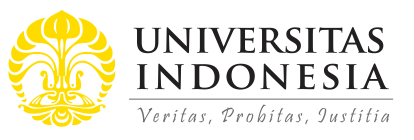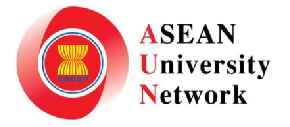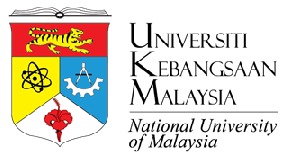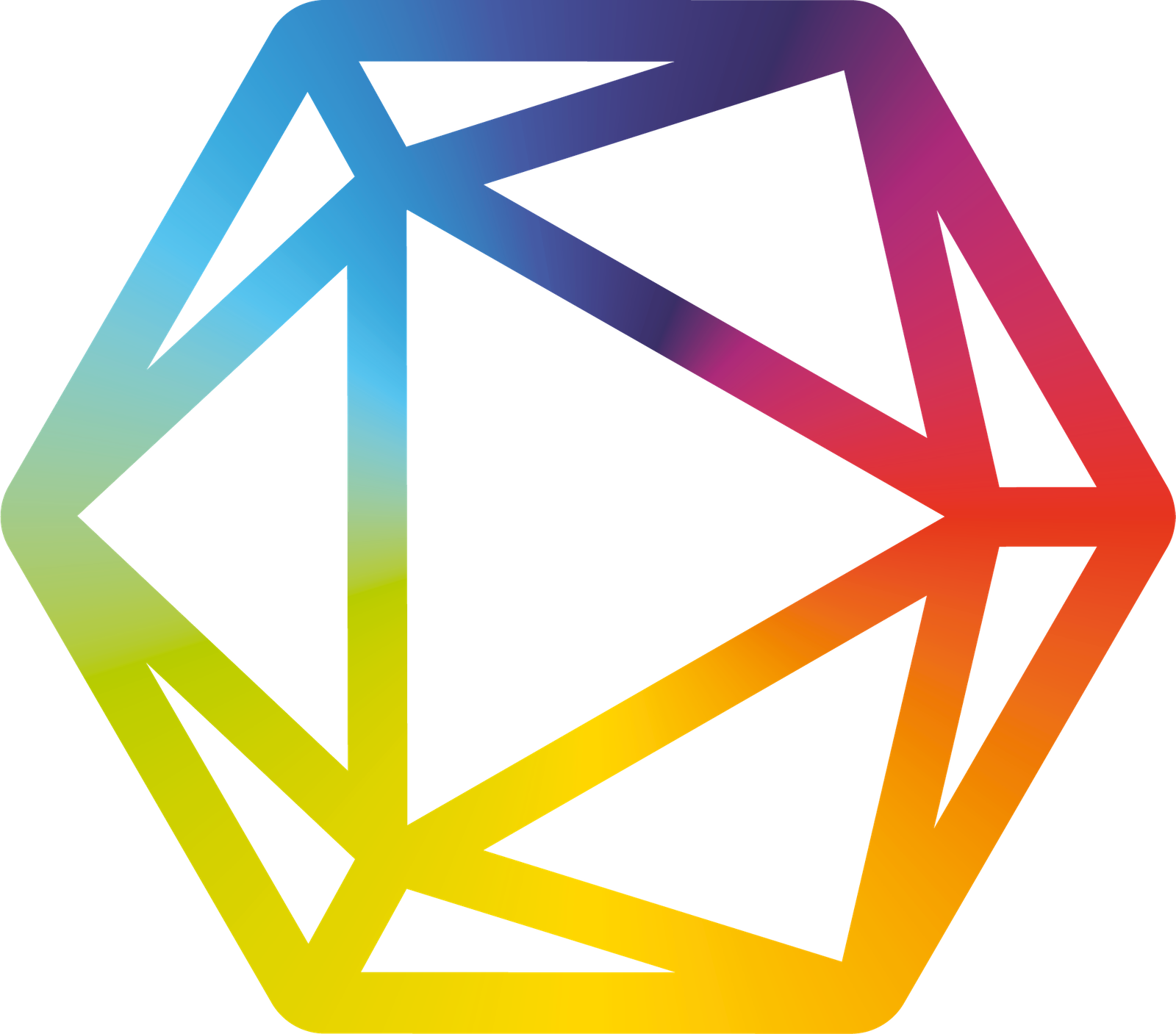
Abstract
John Dewey once said that “education is not an affair of ‘telling’ and being told, but an active and constructive process.” Accordingly, pedagogical processes should not simply be conducted by traditional lecturing, but rather, they should be constructive processes that gradually build the meaning-making process of the children through their active participation. Therefore, this paper aims to suggest materials that integrate English learning and LSE that are specifically designed for Indonesian children. As a follow-up project from the previous program, the current community service focuses on the implementation of life skills education (LSE) by integrating LSE with English learning in non-formal educational institutions in Malang, East Indonesia with Taman Bacaan Masyarakat (TBM) Wacan as a partner. In doing so, the community service program conducted three phases of activities: planning, implementation, and evaluation in collaboration with Taman Bacaan Masyarakat Wacan and student volunteers. As a result, the community service has mapped out fourteen English materials units, which were embedded into LSE. The units have four major themes, namely, self-awareness and self-esteem, inter- and intrapersonal skill, problem-solving, and time and conflict management. Each of the major themes was then explored, emphasized in units that focused on different purposes and tried to evaluate whether the material fit the children’s context or needed more adjustment. However, due to limited time and resources, only one unit of materials was tried out to identify its usability and its flexibility. Based on the findings, it is recommended that English learning materials can be integrated with LSE to not only improve the children’s performance in using the language but also their broader life skills in this competitive era.
References
4-H Network News. (n.d.). http://4-hnews.blogspot.com/2009/03/4-h-life-skills-model.html
Al Masri, A., Smadi, M., Amal, A., & Hamed, W. (2016). The inclusion of life skills in english textbooks in Jordan. Journal of Education and Practice, 7(16), 81−96. https://files.eric.ed.gov/fulltext/EJ1108662.pdf
Amalana, H., Wijayati, N., & Wardani, S. (2019). Hi-CEP Project student worksheet increases social life skills, entrepreneurial interest, and learning outcomes. Journal of Innovative Science Education, 8(5), 199–208. https://journal.unnes.ac.id/sju/index.php/jise/article/view/14325
Bardhan, A. (2016). Life skills education: A strategy for handling adolescents’ risk behavior. IOSR Journal of Humanities and Social Science, 21(07), 92–99. https://doi.org/10.9790/0837-2107059299
Boam, S., & Pulford, B. D. (2017). Experiencing risk: The effect of the experiential life-skills centre ‘Warning Zone’ on children’s risk perception. Journal of Risk Research, 22(2), 177–190. https://doi.org/10.1080/13669877.2017.1351481
Bouzid, H. A. (2016). Boosting 21st century skills through Moroccan ELT textbooks. Journal of English Language Teaching and Linguistics, 1(2), 97–108. https://dx.doi.org/10.21462/jeltl.v1i2.24
Budoya, C. M., Kissaka, M. M., & Mtebe, J. S. (2019). Towards developing interactive content for enhancing life skills education in Tanzania: Possibilities and pitfalls. In Nielsen, P., Kimaro, H. (Eds.), Information and communication technologies for development. Strengthening Southern-driven cooperation as a catalyst for ICT4D (pp. 37−384). ICT4D 2019. IFIP Advances in Information and Communication Technology, vol 552. Springer, Cham. https://doi.org/10.1007/978-3-030-19115-3_31
Ceylan, R., & Çolak, F. G. (2019). The effect of drama activities on the life skills of five-year-old children. International Education Studies, 12(8). 46−58. https://doi.org/10.5539/ies.v12n8p46
Chan, J. C. A., & Briceño, E. D. (2019). Life skills in higher education: An innovative proposal. International Journal of Arts and Social Science, 2(2), 10–18. http://ijassjournal.com/2019/V2I2/414657500.pdf
deRecat, E. H. (2019, April 17). Life skills for life-long learners: Teaching functional skills to elementary students with special needs [PowerPoint slides]. SlideShare. Scholarly and Creative Works Conference 2020. 43. https://scholar.dominican.edu/cgi/viewcontent.cgi?article=1651&context=scw
Dewey, J. (1997). Democracy and education: An introduction to the philosophy of education. Project Gutenberg.
Erawan, P. (2010). Developing life skills scale for high school students through mixed methods research. European Journal of Scientific Research, 47(2), 169–186. http://www.ires.or.th/wp-content/uploads/2015/01/Life-skills-ejsr_47_2_02.pdf
Ghombavani, F. P. (2016). Effects of life skills training on improving critical thinking among Iranian fifth grade primary school girls. 2nd International Conference on Psychology, Educational Sciences and Lifestyle, Mashhad. https://civilica.com/doc/498120
Ishak, M., Niswaty, R., & Guntur, M. (2020). Competitiveness of public services, non-formal education institutions center of education Indonesia. GNOSI: An Interdisciplinary Journal of Human Theory and Praxis, 3(1), 53–60. http://www.gnosijournal.com/index.php/gnosi/article/view/44
Jain, P. (2017). Education life skill education: Need of present education. Global Journal for Research Analysis, 6(5), 481–482. https://www.worldwidejournals.com/global-journal-for-research-analysis-GJRA/recent_issues_pdf/2017/May/May_2017_1494661492__125.pdf
Kumari, K. V. R. P. (2016). Opinion of teachers for inclusion of life skills education in
secondary schools of Visakhapatnam District. 9, 1760–1767.
Masyhud, Nurbatra, L. H., Hartono, & Dwi Anggraini Puspita. (2019). Life Skill Education (LSE) in non-formal education setting. EDUCAFL: Journal Education of English as a Foreign Language, 2(1). https://doi.org/10.21776/ub.Educafl.2019.002.1.6
Mohammadzadeh, M., Awang, H., Ismail, S., & Shahr, H. K. (2019). Improving coping mechanisms of Malaysian adolescents living in orphanages through a Life Skills Education Program: A multicentre randomized controlled trial. Asian Journal of Psychiatry, 101892. https://doi.org/10.1016/j.ajp.2019.101892
Munsi, K., & Guha, D. (2014). Status of life skill education in teacher education curriculum of SAARC countries: A comparative evaluation. Journal of Education and Social Policy, 1(1), 93–99. https://jespnet.com/journals/Vol_1_No_1_June_2014/13.pdf
Nasheeda, A., Abdullah, H. B., Krauss, S. E., & Ahmed, N. B. (2019). A narrative systematic review of life skills education: Effectiveness, research gaps and priorities. International Journal of Adolescence and Youth, 24(3), 362–379. https://doi.org/10.1080/02673843.2018.1479278
Niaraki, F. R., & Rahimi, H. (2013). Effect of life skill training on self -esteem of high school students in Iran. European Online Journal of Natural and Social Sciences, 2(2), 150-159.
Nopembri, S., Sugiyama, Y., Saryono, & Rithaudin, A. (2018). Improving stress coping and problem-solving skills of children in disaster-prone area through cooperative physical education and sports lesson. Journal of Human Sport and Exercise, 14(1). 185−194. https://doi.org/10.14198/jhse.2019.141.15
Nurbatra, L. H. (2018). Learning in diversity: Indonesian multicultural classroom. The 12th Malaysia International Conference on English Language Teaching, Shaping New Understanding in ELT. Selangor. http://eprints.umm.ac.id/id/eprint/45399
Paul, N., & Babu, J. (2018). Role of parents for the life skill development of children with learning disability. Indian Journal of Applied Research, 8(8), 17–20. https://www.worldwidejournals.com/indian-journal-of-applied-research-(IJAR)/fileview/August_2018_1533211816__139.pdf
Tohani, E., Prasetyo, I., & Suharta, R. B. (2019). Women empowerment in disaster vulnerable village through vocational life skill education based on utilization of local potential. Journal of Nonformal Education, 5(1), 35–46. https://doi.org/10.15294/jne.v5i1.18341
UNESCO (2015). Education for All 2000-2015: Achievements and challenge. EFA global monitoring report, 2015. The United Nations Educational, Scientific and Cultural Organization. https://unesdoc.unesco.org/ark:/48223/pf0000232205
UNICEF (2012). Global evaluation of Life Skills Education Programmes: 2012. UNICEF.
https://gdc.unicef.org/resource/global-evaluation-life-skills-education-programmes-2012
Vatansever, A. G., & Ahmetoğlu, E. (2019). A way to teach practical life skills in special education: Montessori pedagogy. European Journal of Special Education Research, 5(2), 1–16. https://doi.org/10.5281/zenodo.3544457
World Health Organization. (1994). Life skills education for children and adolescents in schools. Pt. 1, Introduction to life skills for psychosocial competence. Pt. 2, Guidelines to facilitate the development and implementation of life skills programmes, 2nd rev. World Health Organization. https://apps.who.int/iris/handle/10665/63552
World Health Organization (2010). Community-Based rehabilitation: CBR guidelines. WHO Press. https://www.who.int/publications/i/item/9789241548052
Yokhebed, & Wahyuni, E. S. (2016). Peningkatan life skill melalui pembelajaran berbasis keunggulan lokal life skill improvement through learning local benefits. Proceeding Biology Education Conference, 13(1), 455−460. https://media.neliti.com/media/publications/174839-ID-peningkatan-life-skill-melalui-pembelaja.pdf
Yusnitasari, A., Sarwi, S., & Isnaeni, W. (2020). Concept mastery of ethnoscience-based integrated science and life skills development of elementary school students. Journal of Primary Education, 9(1), 93–101. https://journal.unnes.ac.id/sju/index.php/jpe/article/view/29111
Recommended Citation
Nurbatra, Laela Hikmah; Masyhud, Masyhud; and Hartono, Hartono
(2022).
Learning Life Skills through English Materials: Integrating Life Skills in English Pedagogy.
ASEAN Journal of Community Engagement, 6(2), 262-277.
Available at: https://doi.org/10.7454/ajce.v6i2.1045







